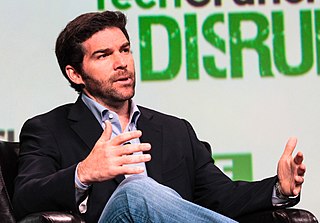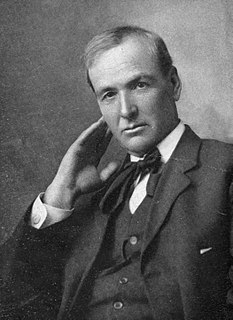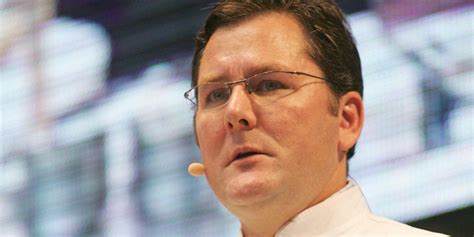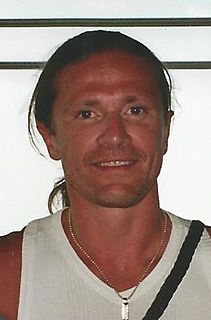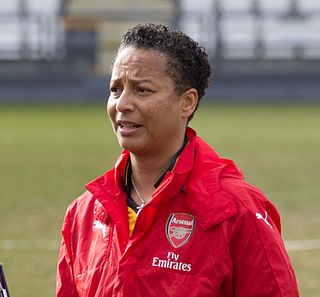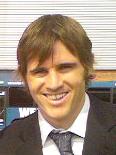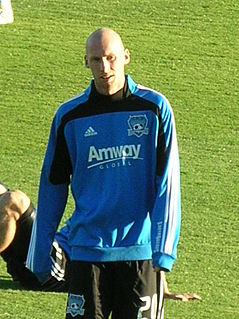A Quote by Will Evans
Socratic question: all plans? Some? Which ones? How do they do so?
Related Quotes
How we shall earn our bread is a grave question; yet it is a sweet and inviting question. Let us not shirk it, as is usually done.It is the most important and practical question which is put to man. Let us not answer it hastily. Let us not be content to get our bread in some gross, careless, and hasty manner. Some men go a-hunting, some a-fishing, some a-gaming, some to war; but none have so pleasant a time as they who in earnest seek to earn their bread.
I'm hoping there's cohesion in these tracks. Some of them were made weeks ago, some were made in 2010, but they've all stood out as one big thing I want to give to everyone. The concept behind No Plans references a few of concerns: having no plans with school, no plans with jobs, and no plans for the future. I'm hoping these songs can help you forget about those concerns, at least for 30 minutes of your day.
Because of my experience in Occupy, instead of asking the question, "Who will benefit from this system I'm implementing with the data?" I started to ask the question, "What will happen to the most vulnerable?" Or "Who is going to lose under this system? How will this affect the worst-off person?" Which is a very different question from "How does this improve certain people's lives?"
Suppose there arise a dispute relative to some important question among us, should we not have recourse to the most ancient Churches with which the apostles held constant intercourse, and learn from them what is certain and clear in regard to the present question? For how should it be if the apostles themselves had not left us writings? Would it not be necessary, in that case, to follow the course of the tradition which they handed down to those to whom they did commit the Churches?
For unless one is able to live fully in the present, the future is a hoax. There is no point whatever in making plans for a future which you will never be able to enjoy. When your plans mature, you will still be living for some other future beyond. You will never, never be able to sit back with full contentment and say, "Now, I've arrived!" Your entire education has deprived you of this capacity because it was preparing you for the future, instead of showing you how to be alive now.




